When using bakuchiol in your skincare routine, knowing which ingredients to avoid is key to getting the best results. As a gentle, plant-based alternative to retinol, it’s popular among those seeking skin benefits without irritation. However, pairing it with the wrong products could minimize its effectiveness or cause unwanted reactions. Whether you're concerned about your sensitive skin or want to improve skin elasticity and tone, know what to avoid when incorporating bakuchiol into your daily regimen.
Bakuchiol Benefits
Bakuchiol is praised for its ability to reduce fine lines, wrinkles, and improve skin texture. As a plant-based skincare ingredient, it mimics retinol but without causing redness or dryness. Bakuchiol also promotes collagen production, which helps with skin elasticity and firmness. Its gentle nature makes it suitable for sensitive skin, offering a natural alternative for those looking to avoid the irritation often associated with retinoids. Bakuchiol can be used day and night, making it versatile for any skincare routine.
Bakuchiol Side Effects
Although bakuchiol is generally well-tolerated, it can still cause mild reactions in some individuals. Those with very sensitive skin may experience slight redness or dryness, especially when starting a new routine. It’s important to patch test before fully integrating bakuchiol into your skincare regimen. Overuse may lead to dry patches, but reducing the frequency can alleviate these issues. Gradually introducing bakuchiol into your routine allows the skin to adjust while avoiding irritation.
Bakuchiol Interactions
Mixing bakuchiol with certain skincare products can diminish its effectiveness or cause adverse effects. While bakuchiol is gentler than retinol, combining it with potent active ingredients can irritate sensitive skin. Products with strong acids or other harsh compounds should be used cautiously to prevent skin reactions. Understanding which ingredients to avoid can help you make the most of your bakuchiol-based skincare routine without unwanted side effects. Here are several ingredients to avoid mixing with bakuchiol:
- Topical Medications
Topical medications such as tretinoin or other prescription retinoids may not work well with bakuchiol. Using these medications together can lead to skin irritation, peeling, or increased dryness. Combining bakuchiol with prescription-strength acne or anti-aging products may be too harsh for the skin, especially for those with sensitive skin. It’s important to consult a dermatologist before adding bakuchiol into a routine that includes prescription skincare medications.
- Vitamins
Certain vitamins, like vitamin C, can interact poorly with bakuchiol when applied together. Vitamin C is highly acidic, and pairing it with bakuchiol can cause skin sensitivity, redness, or irritation. To get the benefits of both ingredients, it’s better to use vitamin C in the morning and bakuchiol at night. Separating their usage allows each product to work effectively without overloading the skin with too many active ingredients at once.
- Essential Oils
Some essential oils, particularly those known for being highly reactive, like tea tree or eucalyptus oil, should not be used with bakuchiol. These oils can cause irritation, especially when combined with bakuchiol, which already encourages cell turnover. Using both products can lead to heightened sensitivity, dryness, or even allergic reactions. If you wish to use essential oils in your routine, it’s important to alternate their use rather than layering them on the same day.
- Retinol
Bakuchiol is often compared to retinol due to its similar benefits, but using them together is unnecessary and may cause irritation. Both ingredients promote skin regeneration and collagen production, but combining them can lead to excessive dryness, flakiness, and discomfort. For those with sensitive skin, using both retinol and bakuchiol can aggravate the skin rather than provide added benefits. It's better to choose one or the other based on your skin’s tolerance and needs.
- Benzoyl Peroxide
Benzoyl peroxide is a strong acne treatment, but when used with bakuchiol, it can dry out the skin. Both products help with acne but work in different ways, and using them together can overwhelm the skin’s natural barrier. This may lead to irritation, peeling, or an overproduction of oil as the skin tries to compensate. To prevent this, alternate their use or consult a dermatologist to ensure both products fit into your routine.
Sunscreen Use
While bakuchiol is safe for daytime use, it’s important to always follow up with sunscreen. Bakuchiol encourages cell turnover, which can make the skin more sensitive to sunlight. Without proper protection, exposure to UV rays can lead to sun damage, dark spots, or premature aging. Applying a broad-spectrum sunscreen daily will protect the skin and ensure that you get the most out of your bakuchiol routine.
Discover Clean Skincare Products at Szeeking JOY
Experience the benefits of clean skincare by exploring our range of plant-based skincare products at Szeeking JOY. We offer a variety of Bakuchiol-infused options designed to enhance your skin’s texture and appearance without causing irritation. Our clean skincare products are perfect for those with sensitive skin, offering a natural alternative that nourishes and protects. By choosing our plant-based skincare products, you are investing in safe and effective solutions that promote skin health without harmful ingredients. Explore our selection at Szeeking JOY today to discover how our products can transform your skincare routine the natural way.

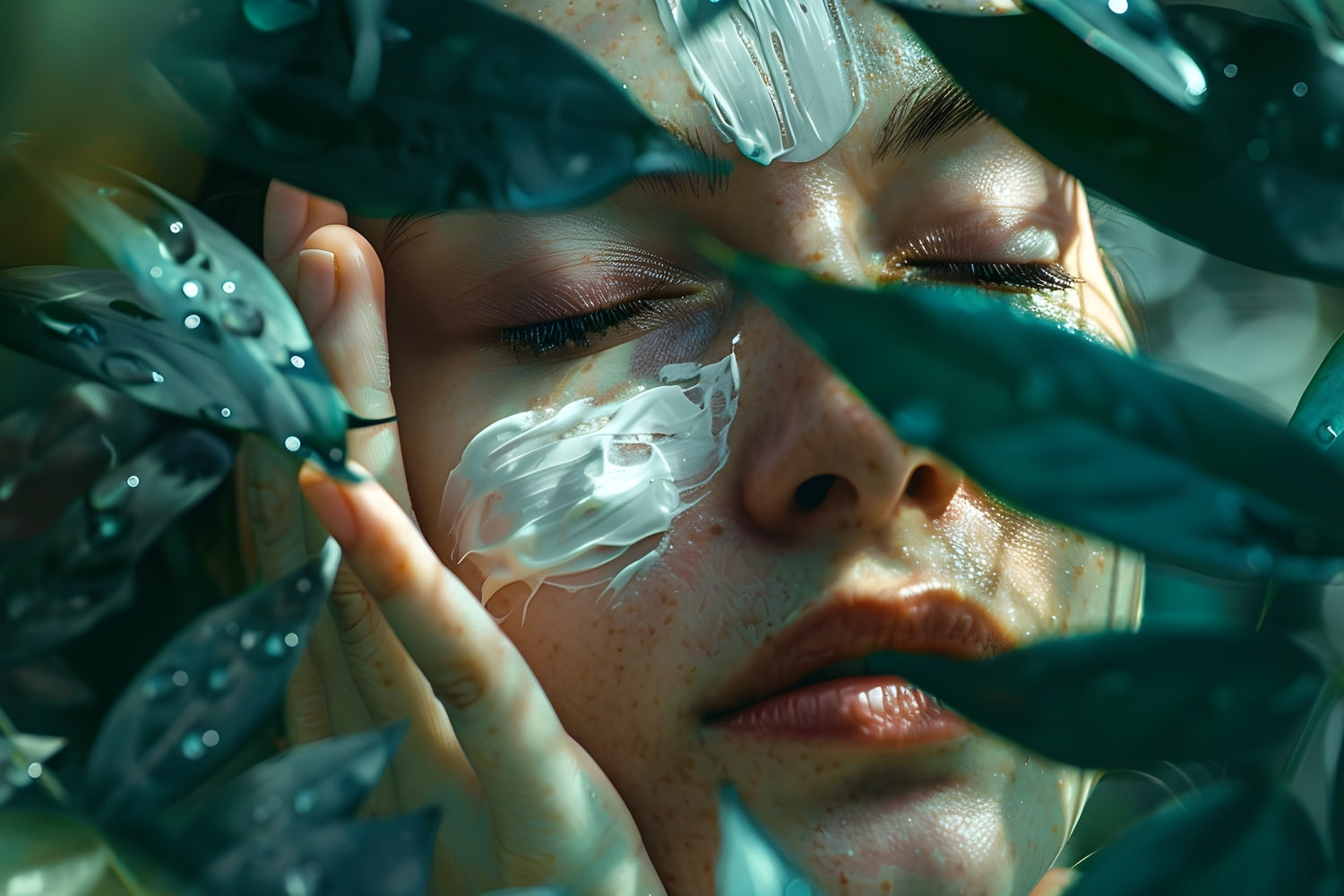
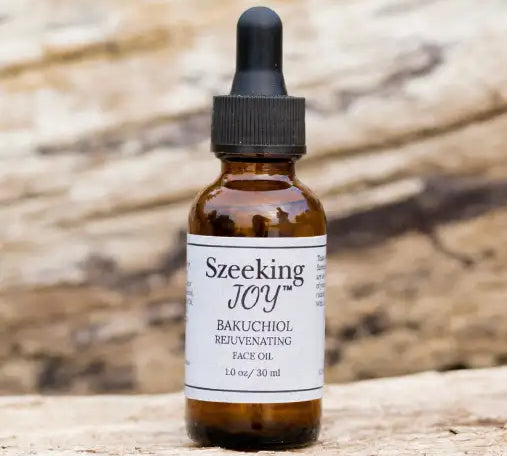
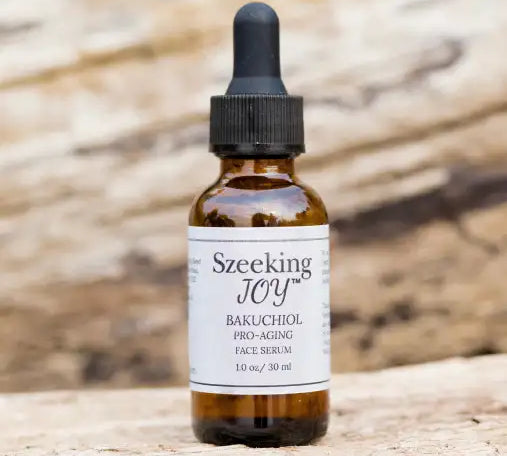
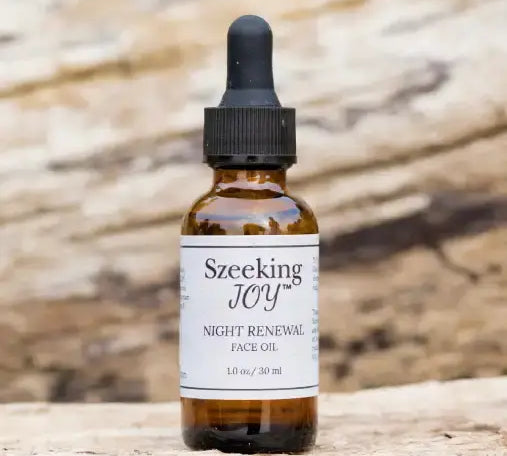
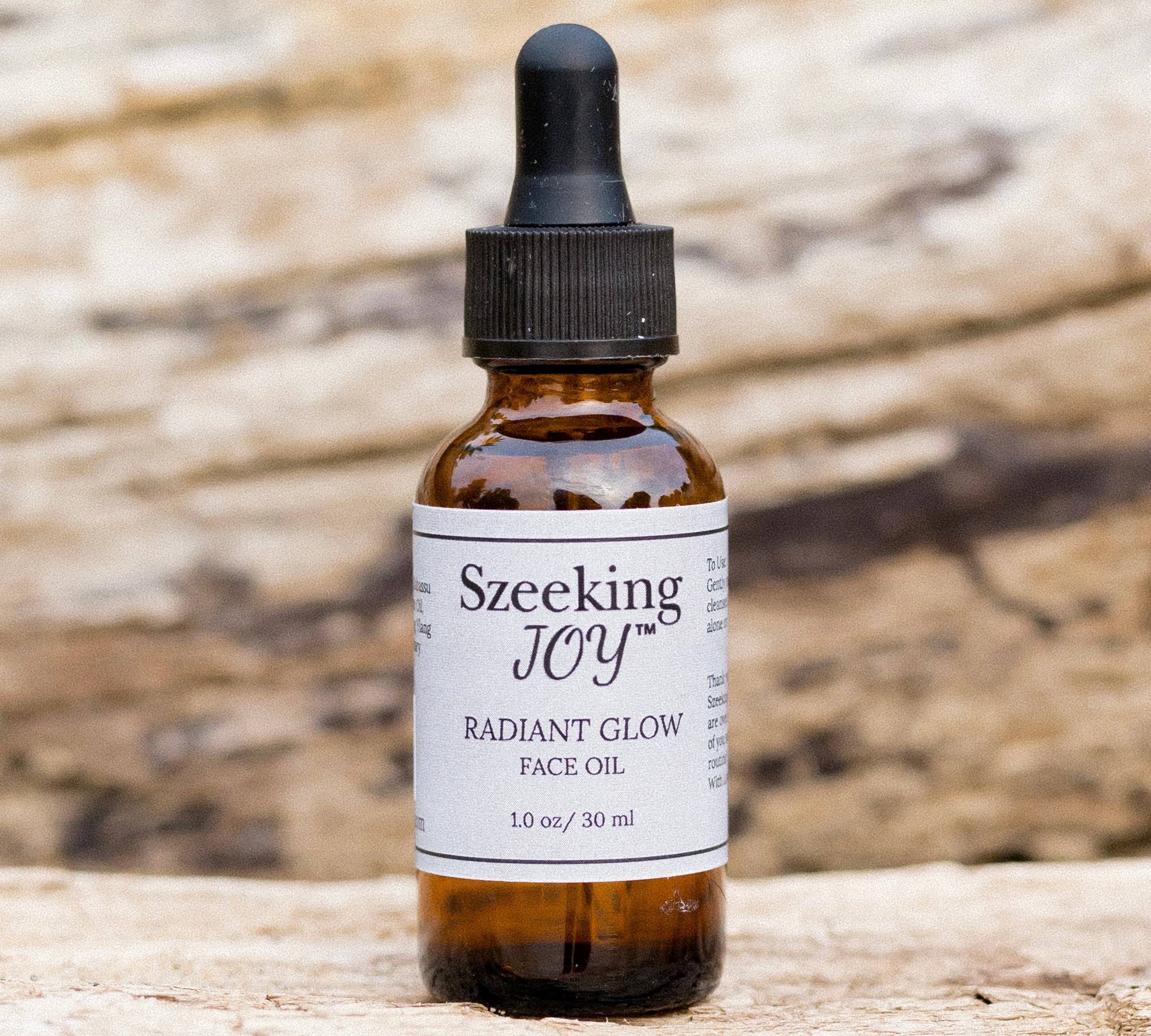
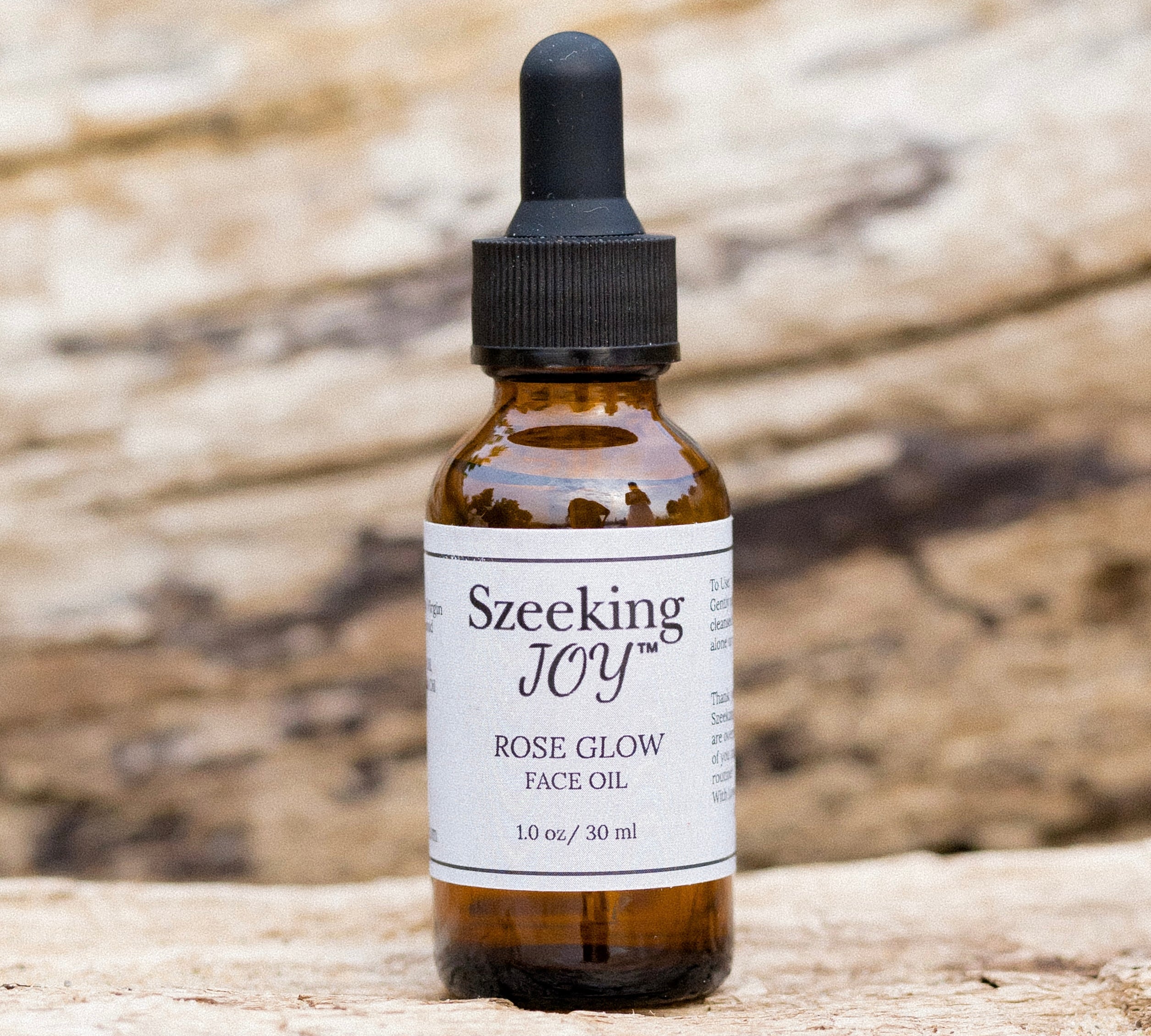
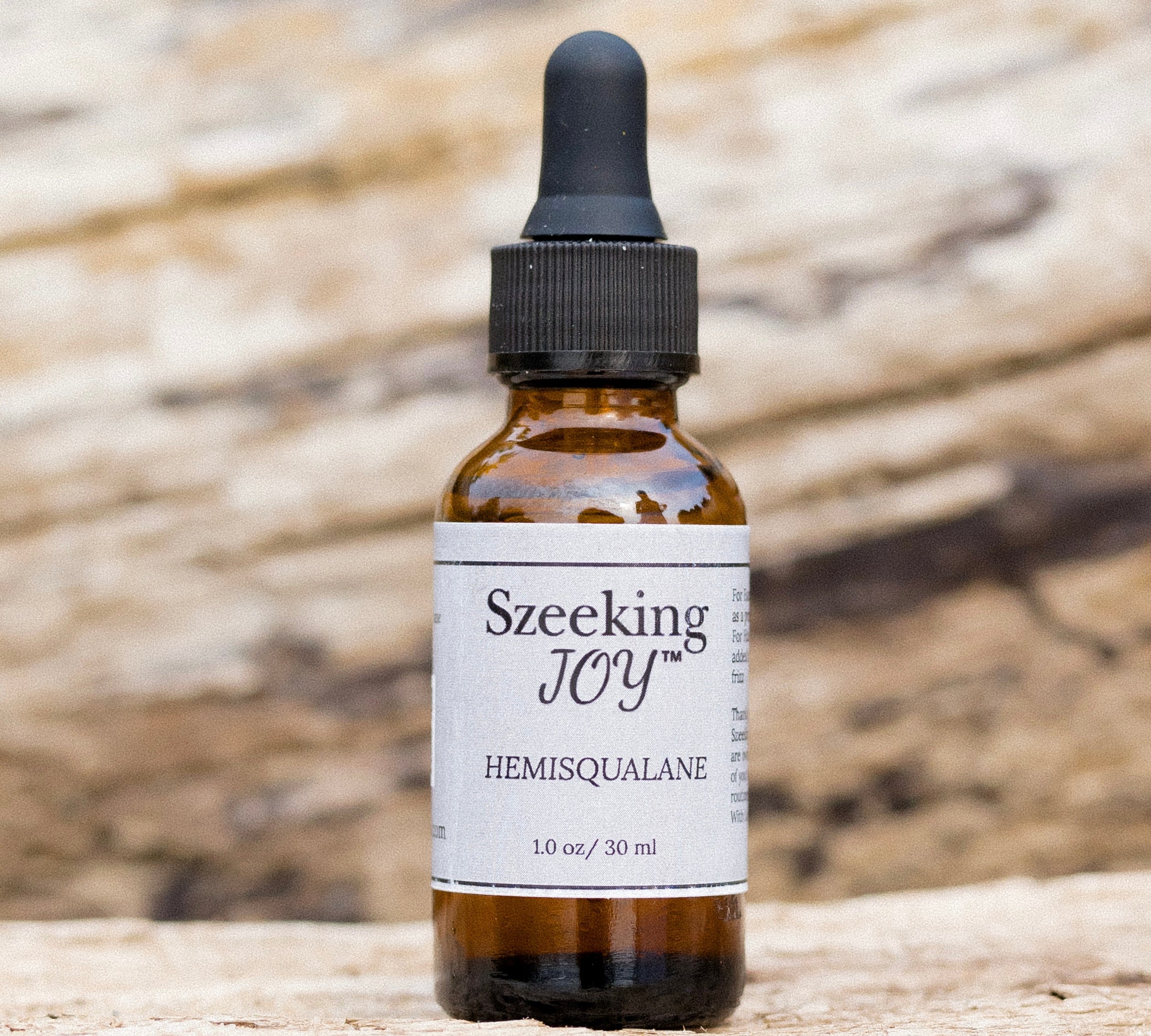
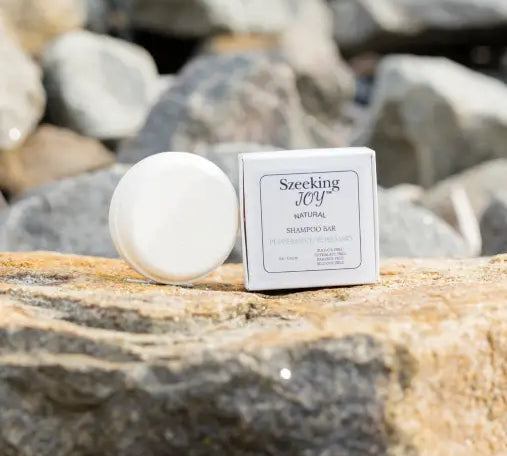
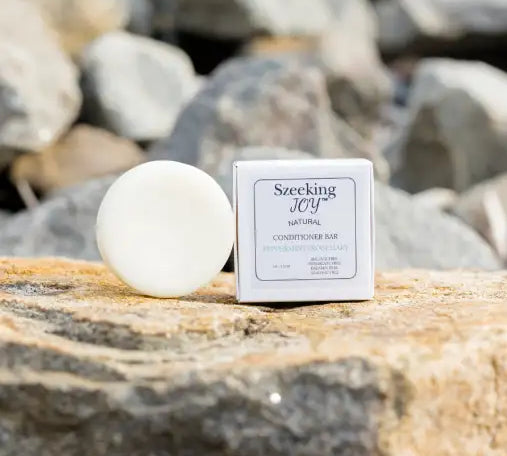
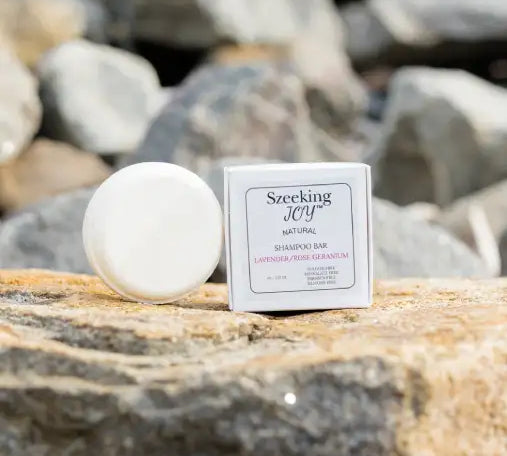
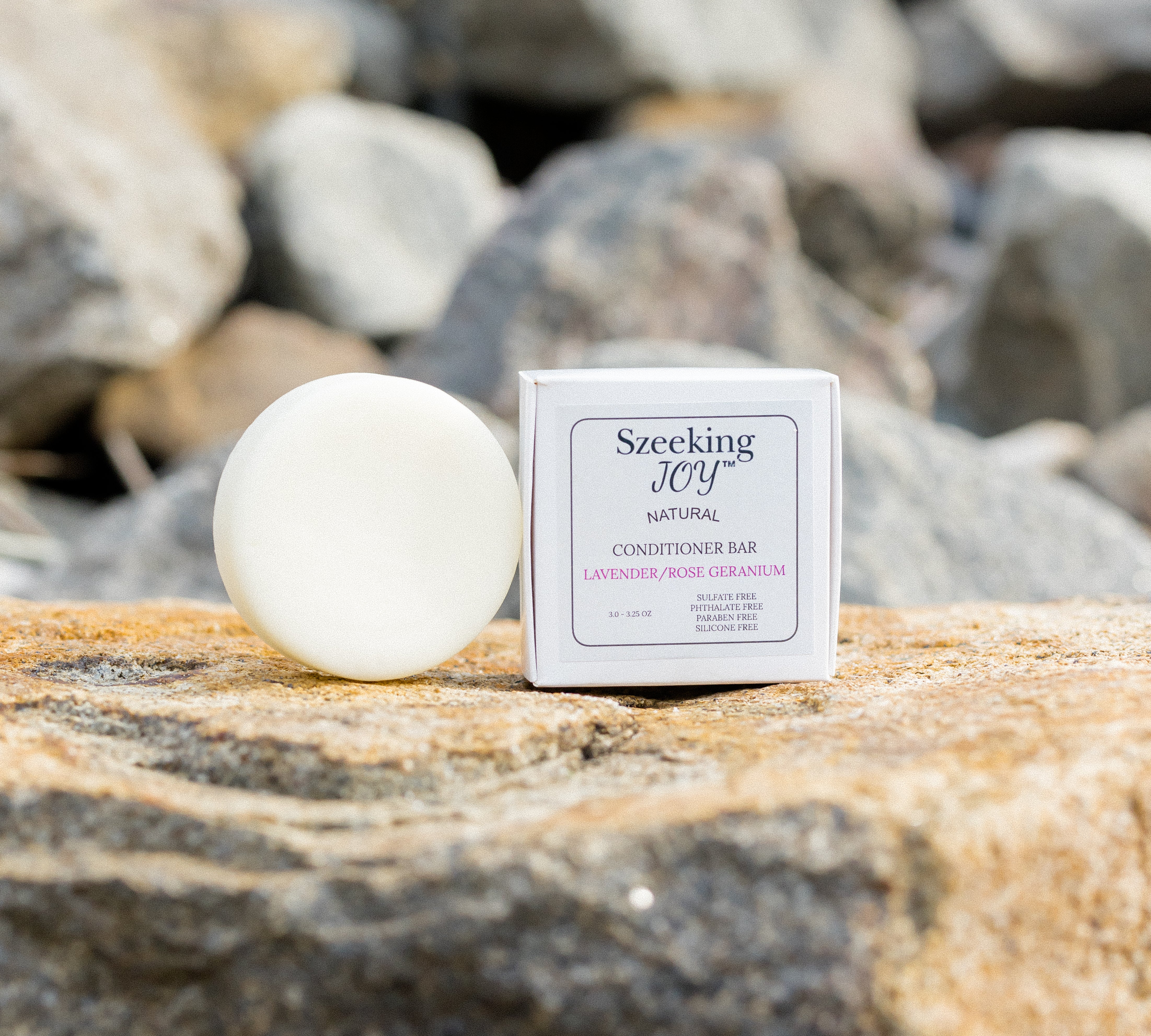
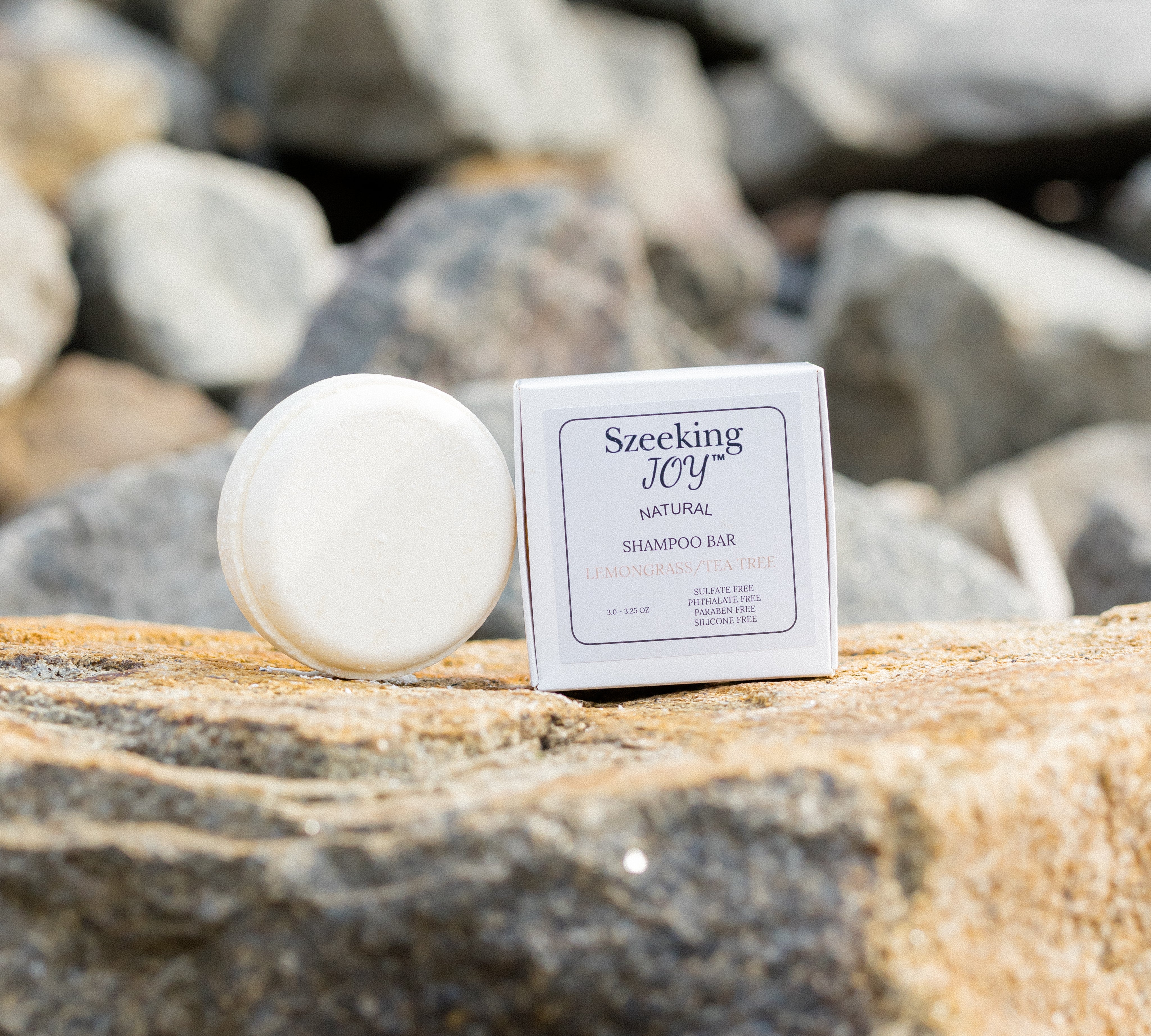
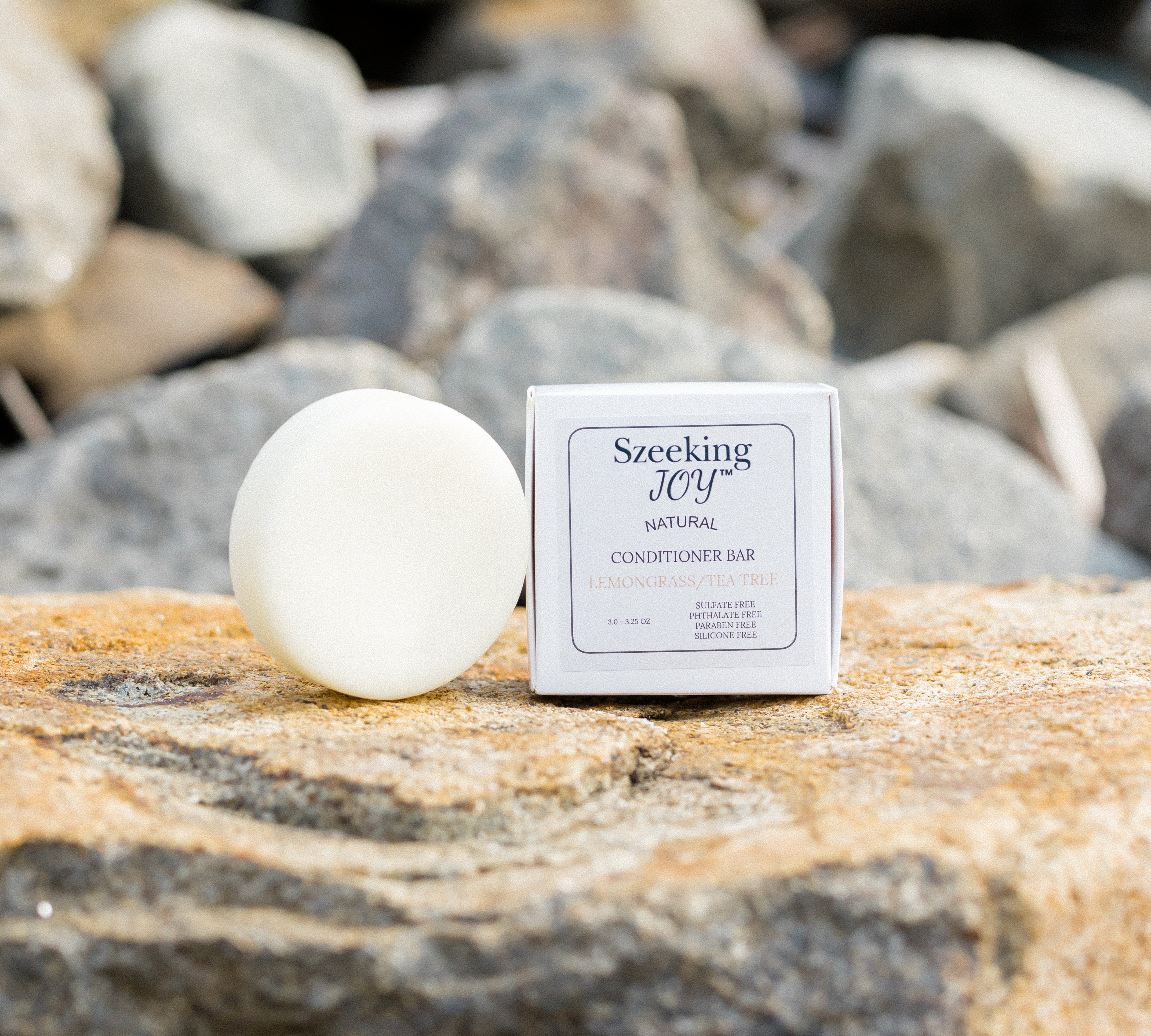
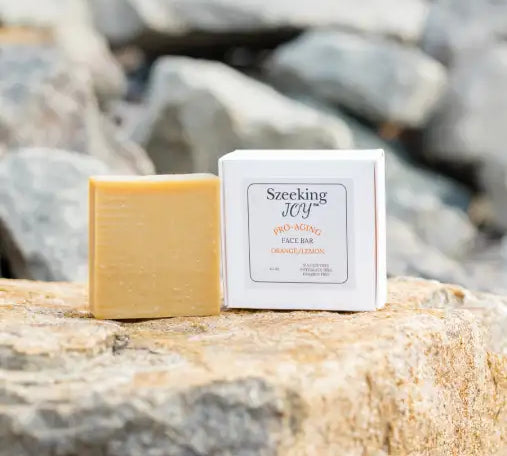
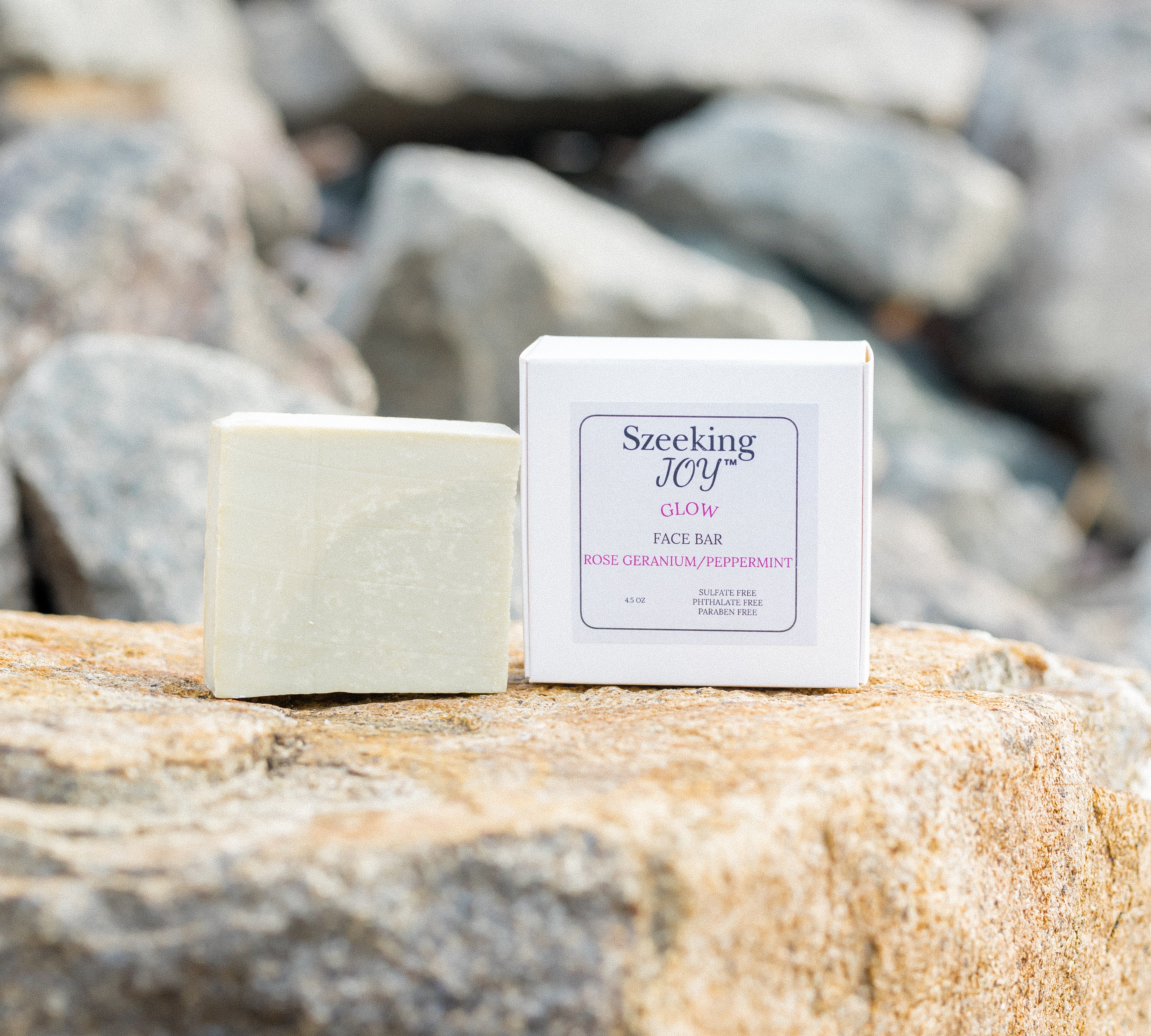
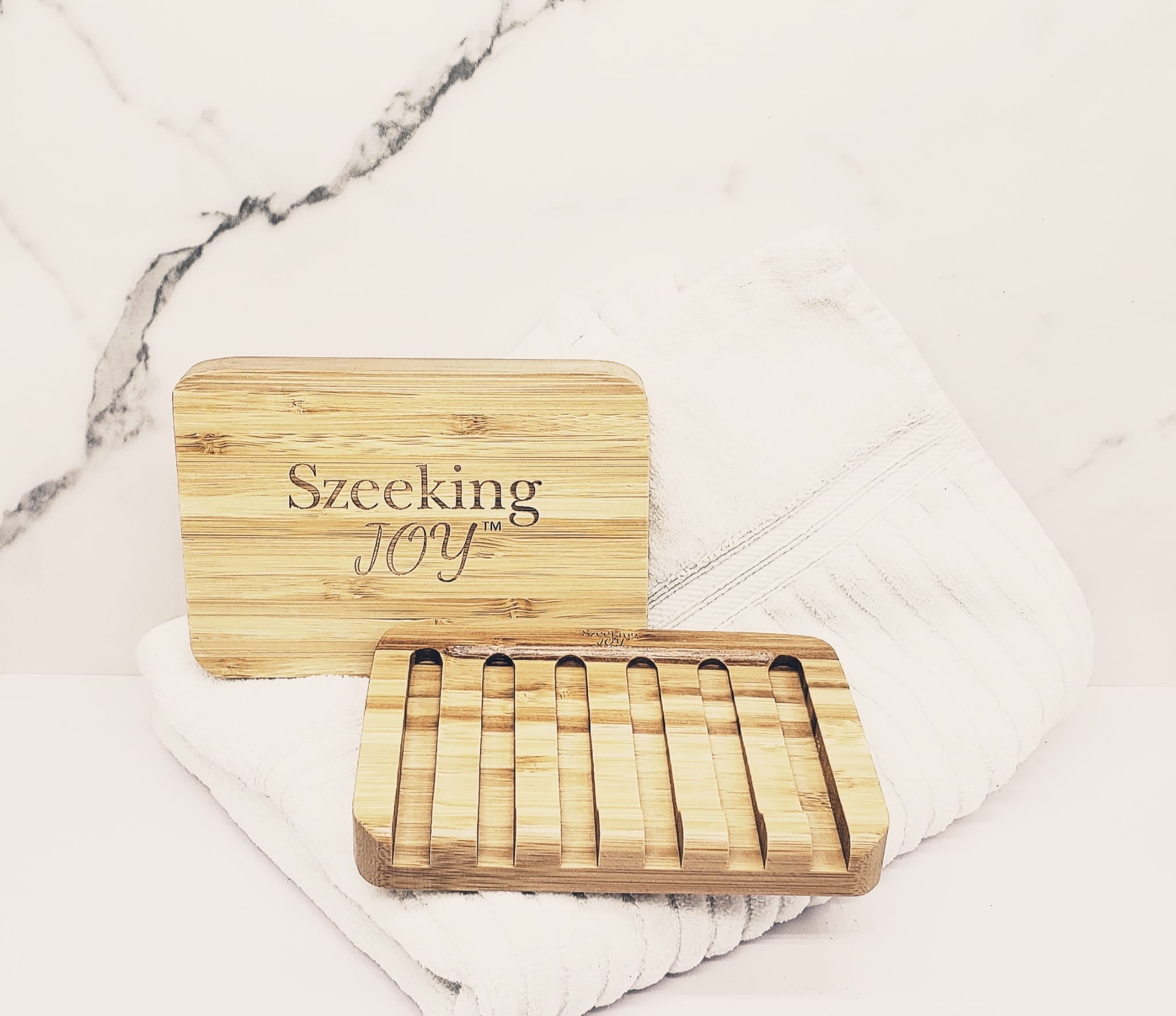
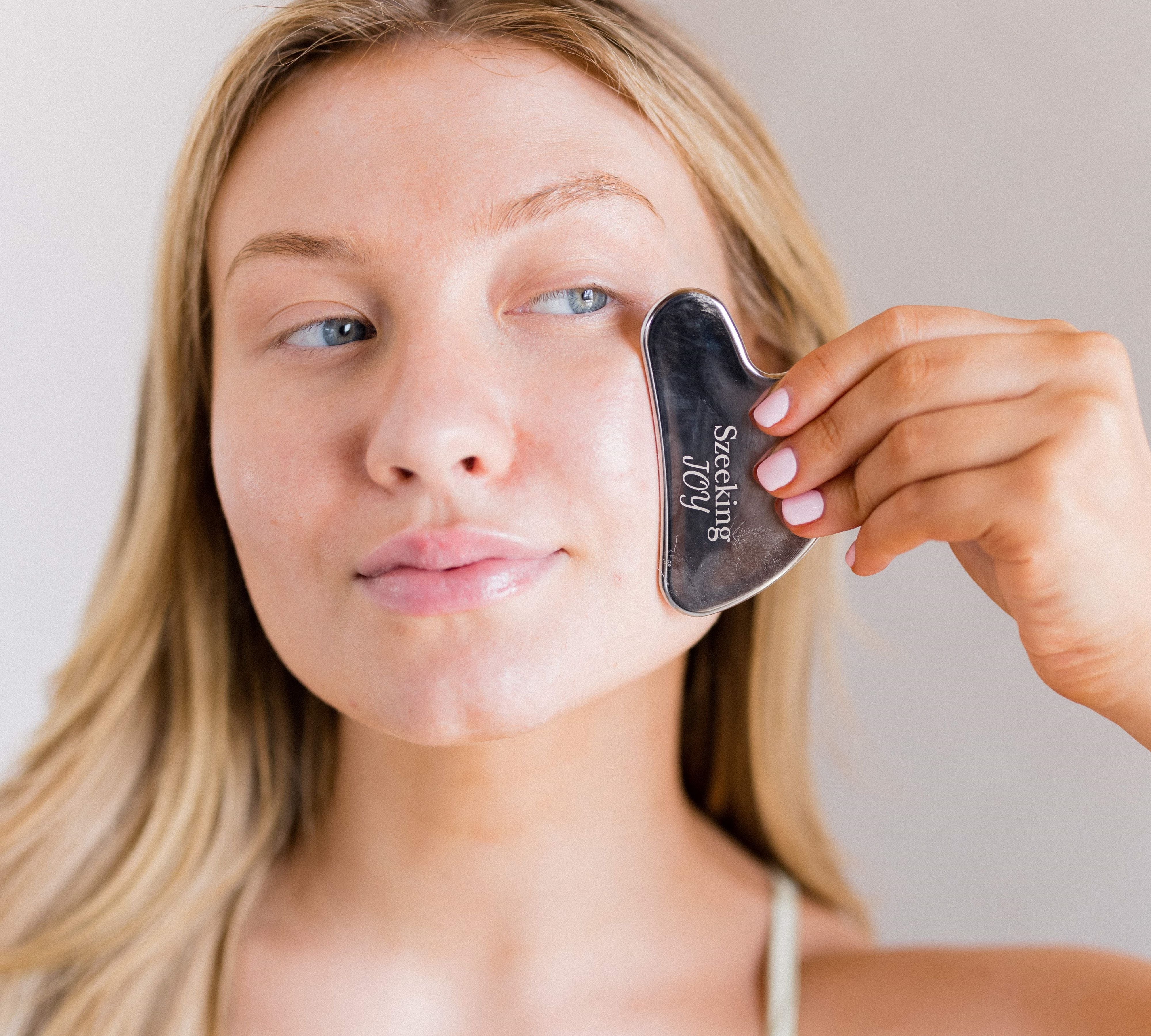
Leave a comment